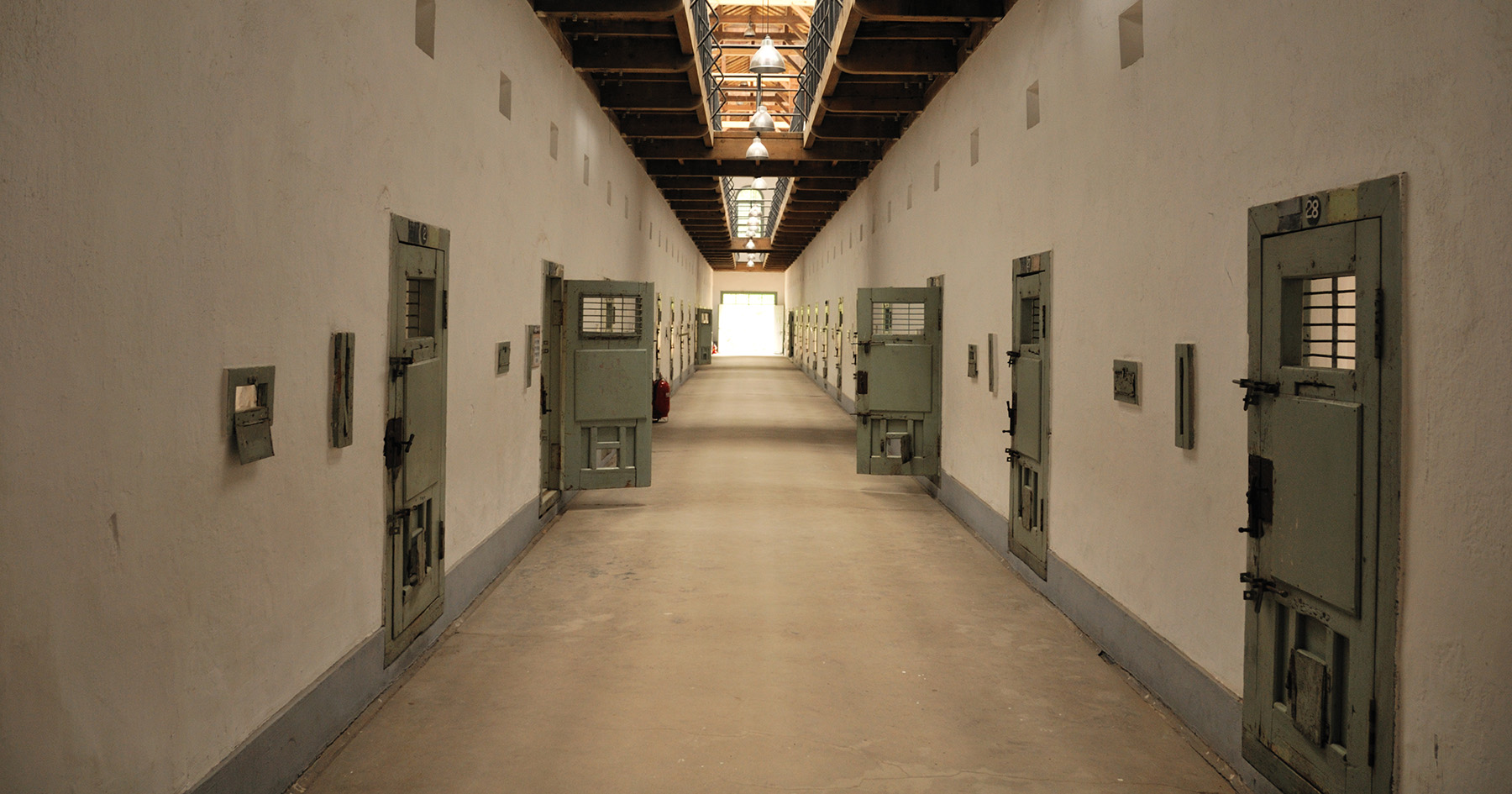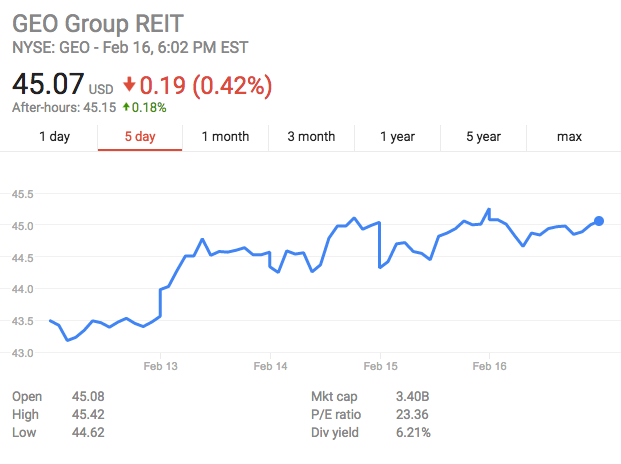This Industry Profits When ICE Deports Immigrants

By:
Federal raids targeting undocumented immigrants in the U.S. have drawn widespread criticism from advocacy groups, but the apparent ramping up of deportation efforts by Immigration and Customs Enforcement (ICE) is a boon for at least one industry: private prisons.
 Bryan Cox/ICE via AP - apimages.com
Bryan Cox/ICE via AP - apimages.com
Though private prisons only hold about 7 percent of the state prison population, according to the ACLU, and 18 percent of the federal prison population, they hold 62 percent of all ICE detainees.
The agency has reportedly expressed interest in expanding its contracts with the private prison industry, seeking to add up to 5,000 beds in anticipation of large-scale deportation efforts, The Wall Street Journal reported in October 2016. That news came two months after the Department of Justice (DOJ) announced it would stop renewing private prison contracts amid concerns about safety and security standards at these facilities. (That plan was walked back in October, too).
 Flickr/Christian Senger - flic.kr
Flickr/Christian Senger - flic.kr
The initial DOJ announcement did seem to hurt the bottom line of CoreCivic (formerly the Corrections Corporation of America) and GEO Group — the two largest private prison corporations — but President Donald Trump's election and subsequent pledges to increase immigrant enforcement has helped the companies' stock rebound.
In the last week, almost 700 undocumented immigrants were swept up in ICE's "enforcement surge." One piece of evidence that the private prison industry is benefiting from the heightened enforcement can be seen through CoreCivic and GEO Group's recent stock activity:
 Google Finance
Google Finance
 Google Finance
Google Finance
During a conference call with industry analysts on Feb. 9, CoreCivic CEO Damon Hininger acknowledged that Trump's immigration actions would lead to "increased demand" for its facilities, CBS News reported.
"When coupled with the above-average rate of crossings along the Southwest border, these executive orders appear likely to significantly increase the need for safe, humane, and appropriate detention bed capacity that we have available in our existing real estate portfolio, as well as an increased demand for our detention facility design, development and facility maintenance expertise," Hininger said.
ICE did not respond to ATTN:'s request for comment. ATTN: also reached out to CoreCivic and GEO Group, but representatives were not immediately available.
